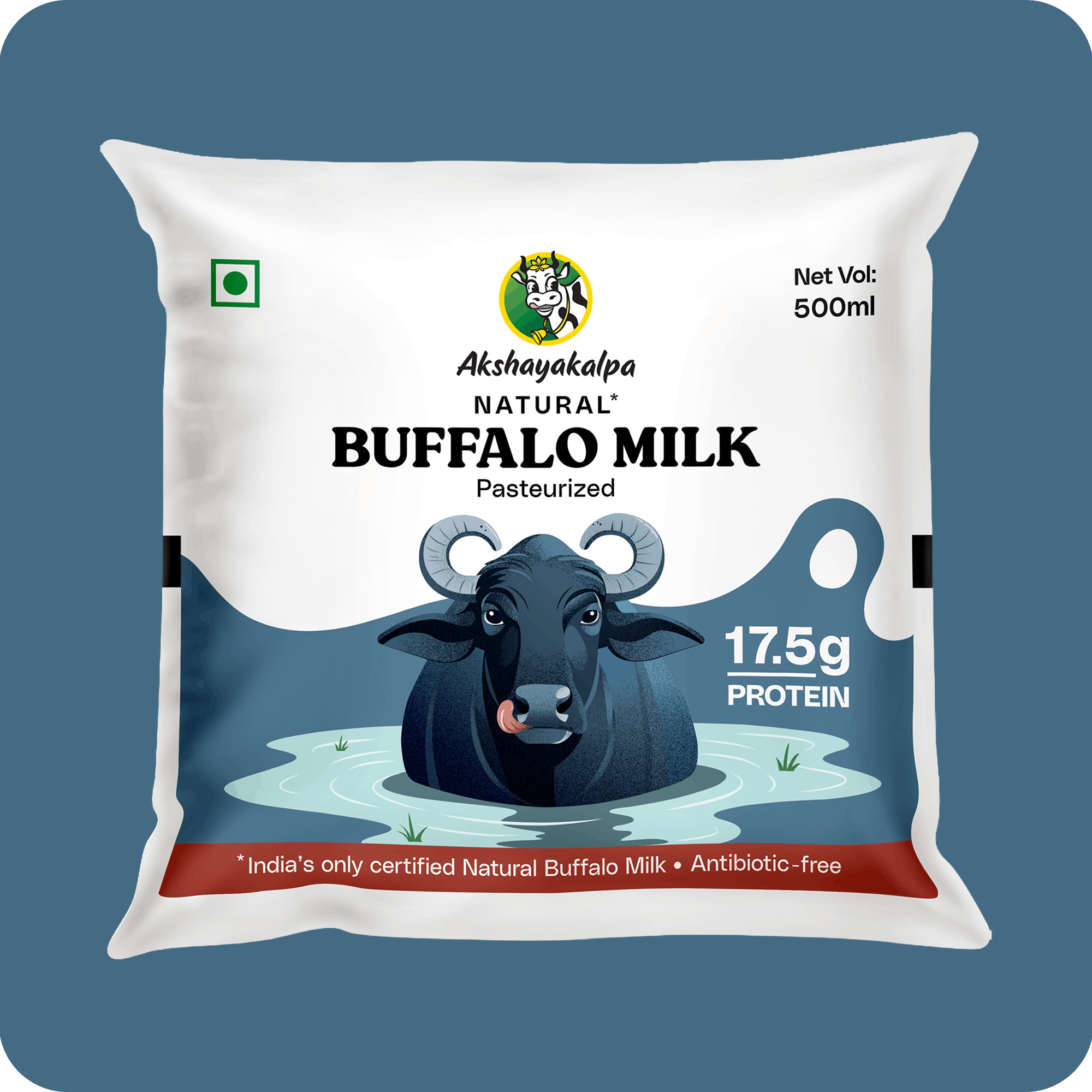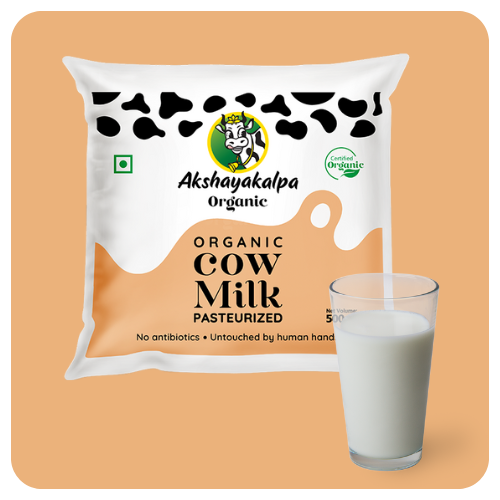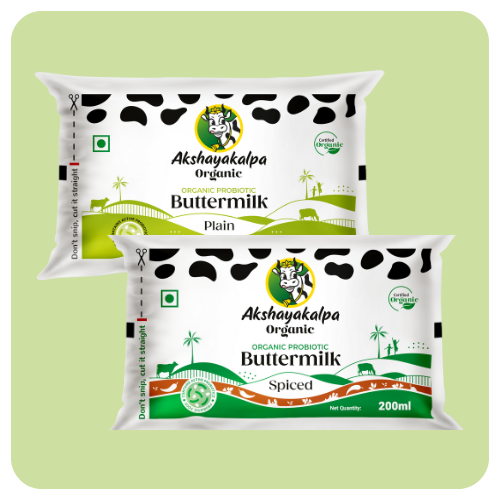A world without farmers?

“The great and characteristic problem of industrial agriculture is that it does not distinguish one place from another” – Wendell Berry, Farmland without Farmers
It might seem like a trivial counterfactual, but the harrowing truth is that this is closer to reality than we might think.
From 1991 to 2001, the amount of people who work in agriculture has declined from 43% to just about 26%. The global age of farmers is also on the rise.
Some economists have argued for a ‘world without agriculture’ due to the complexities involved in agricultural development in poor countries which is often a taxing and time consuming process. With the advent of globalization, these economists argue that a world without agriculture has become feasible as poorer countries can imitate the model set by richer countries, where the share of employment in agriculture is well-nigh zero. This is likely to be brought about by a consolidation of land within the hands of a select few individuals. Due to technological progress, the wager is that these few farmers will be able to increase, or at the least, maintain the same production rate in the farms as it was before, enabling smallholder farmers to move to more lucrative careers in urban centers. What more, conventional agricultural practices also contribute majorly to the biggest threat facing earth: global warming.
Besides, by 2050, forecasts estimate that Earth will have a population of 9.8 billion humans. There will be more mouths to feed which means more land is required to cultivate the produce. The landmass needs to be twice the size of India, to feed the new population
Wendell Berry laments the homogenous fields populated with the same crops – corn and soybeans – in the Midwestern United States. The fields are lonely and alienated.
What lacks is the diversity – local and non-local and what lacks is the effervescence that characterized previous epochs. Tractors insulate the minimal amount of contact that humanity has to nature through their cabins.
The increasing reliance on technology and the consolidation of farmland has eroded the citizenry and neighborhood-ness that farming entailed.
Peter C. Timmer points out the historical role that agriculture has played in lifting populations out of poverty: Historically, almost all poverty alleviation schemes are intractably linked to a [1] [2] [3] [4] [5]
“successful structural transformation” in agriculture, which lead to higher productivity rates and increasing wages which then expunge ‘absolute poverty’.
However, this is a paradoxical situation because even as the economies grow thanks to agriculture, the economy’s dependance on the same reduces. In India, the contribution of the agriculture sector was 18.8%, which is a much higher percentage compared to other economies. But as productivity rises, less land is needed to feed more people. This relationship has led to farming becoming unviable.
Farming and agriculture, contrary to popular economic models, do not exist in a vacuum and cannot be subtracted from our lives without considering the butterfly effect they bring about. Farming is intractably attached to our environment. With the advent of the agricultural revolution about 10000 years ago, farming has ingrained itself as a part of the world in which it changes and exerts influence over. Historically, Timmer notes, the role played by agriculture in stimulating the general economy is significant. It is what sets the economic gears in motion.
It is in this way that farmers are crucial.
For Masanobu Fukuoka, a Japanese farmer whose philosophy Akshayakalpa Organic draws from, humanity’s essence is ensconced within the root of the plant. For Fukuoka, nature has a tendency towards balance and harmony \which ensures a balance between all living things in the end. Tampering with this balance leads to ecological crises and alienation. His do-nothing philosophy of farming revolves around staging a minimal intervention in the goings-on of nature.
There are three consequences that arise out of a lack of farmers:
- In the Fukuoakian lens, there is the spiritual alienation that befalls humankind if it’s stripped away from nature. The tranquility offered by nature is necessarily unparalleled. Farming and agriculture offer an unmediated connection to nature, a withdrawal of which will affect us in a myriad of ways.
This is not ungrounded philosophical speculation. Harvard Health publishing reports the findings of a study in which participants were asked to spend a certain amount of time in nature (three days a week), which resulted in a plummeting of cortisol ( a hormone related to stress) levels. Another study found an almost proportional decrease in stress levels when participants visited areas with an increasing density of greenery.
- Consolidation of farmland might lead to a situation where sustainable farming becomes well-nigh impossible. The economists’ idea of a path where agriculture can occupy the most marginal role in economic and social development is, at best, a utopian ideal and at worst a [6] [7] [8]
- In poorer countries, agricultural upliftment is the sine qua non for economic upliftment. Farmland is owned by a motley of smallholders in a majority of the areas. The consolidation programme envisioned for richer countries when applied to poorer countries results in a pragmatic and logistical quagmire due to the sheer number of smallholder farmers and infinitesimally small land holdings that they possess. A transition out of agriculture requires first and foremost a revitalization of it. The rising global population also requires more food to sustain itself, and incentivising smallholder farmers is the way forward; it makes farming viable and also connects agriculture to the wider market.If the viability of farming is made visible, the ages of the farmers can also come down, with younger generations taking over farming.Of course, the incentivization should happen while keeping environmental concerns in mind. But transitioning landholders away from farming by incentivizing urban/industrial jobs comes at a high cost. The demand for jobs will result in a plummeting of wages and overcrowding in cities, which impede economic growth. A prioritizing of smallholder farmers and integrating them with modern technology and extension services is the way forward for a more sustainable planet.References:https://www.theatlantic.com/national/archive/2015/03/farmland-without-farmers/388282/https://data.worldbank.org/indicator/SL.AGR.EMPL.ZS?end=2021&start=1991https://www.bbc.com/future/bespoke/follow-the-food/the-reason-we-are-running-out-of-farmers/https://hal.science/hal-00866413/document
https://www.theguardian.com/news/2019/jan/28/can-we-ditch-intensive-farming-and-still-feed-the-world
https://statisticstimes.com/economy/country/india-gdp-sectorwise.php
https://www.health.harvard.edu/mind-and-mood/a-20-minute-nature-break-relieves-stress




















